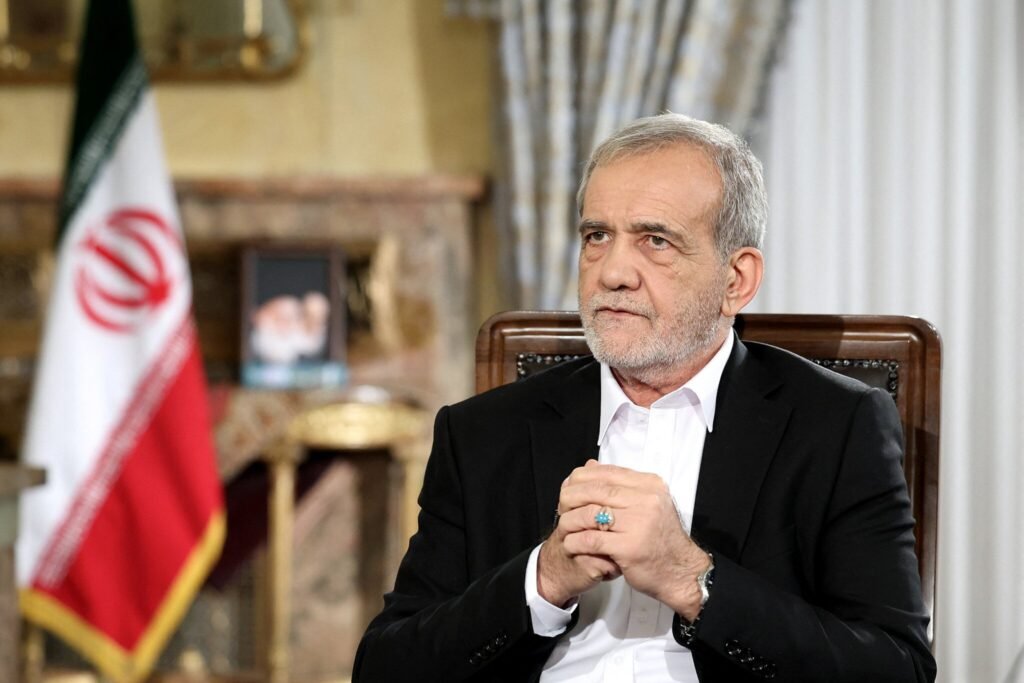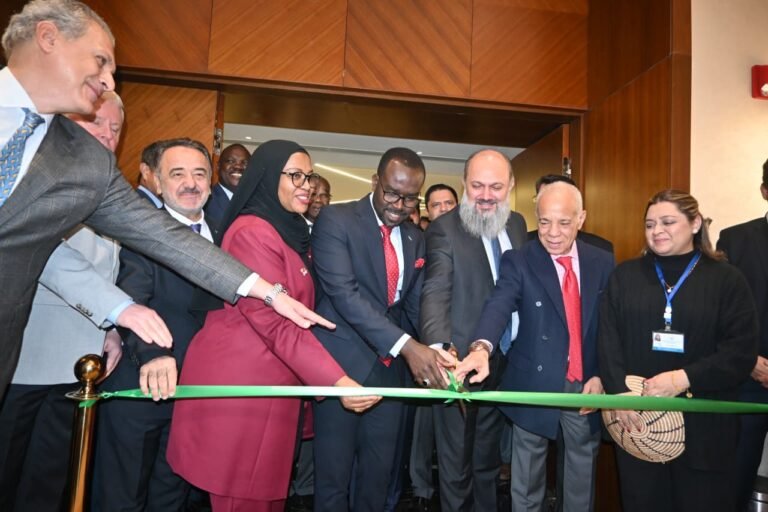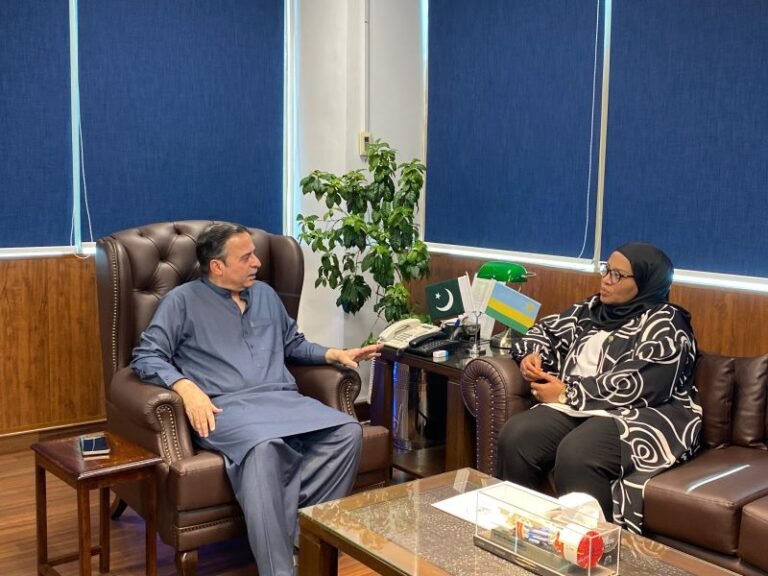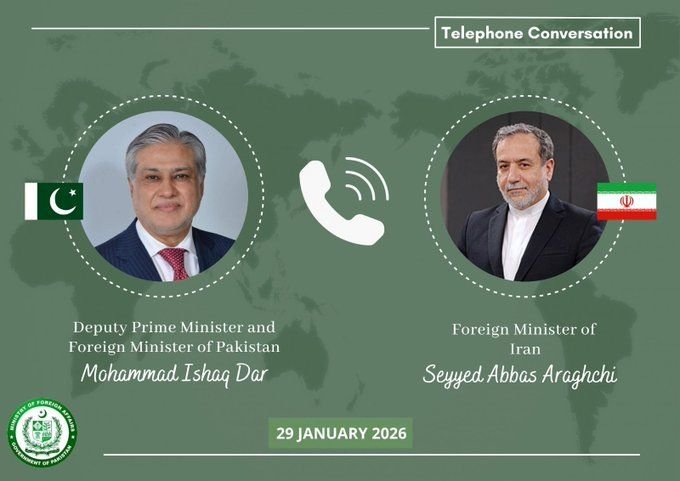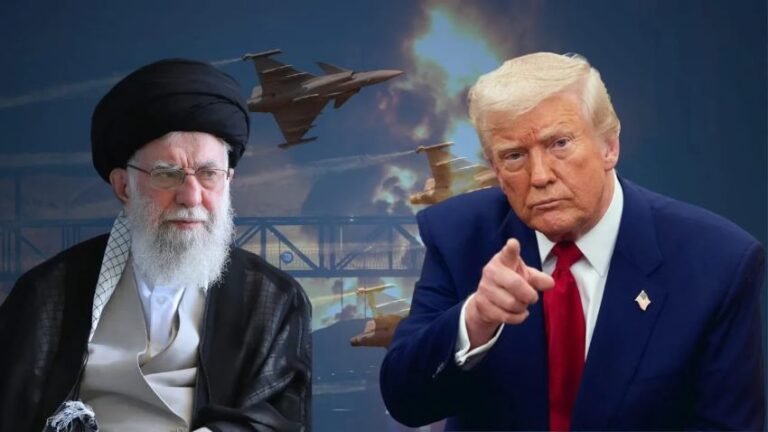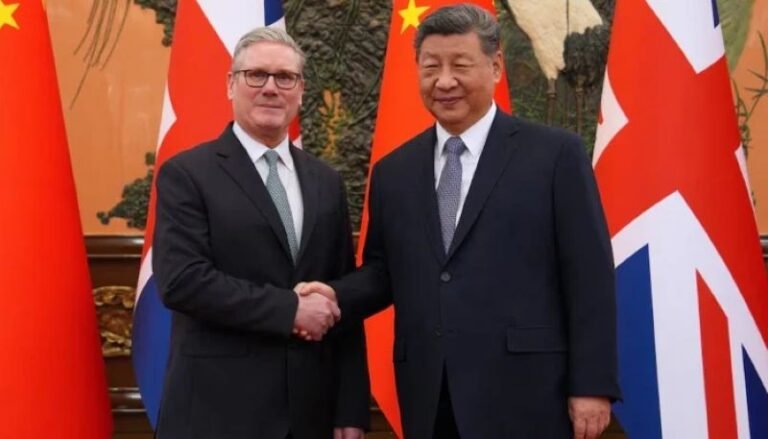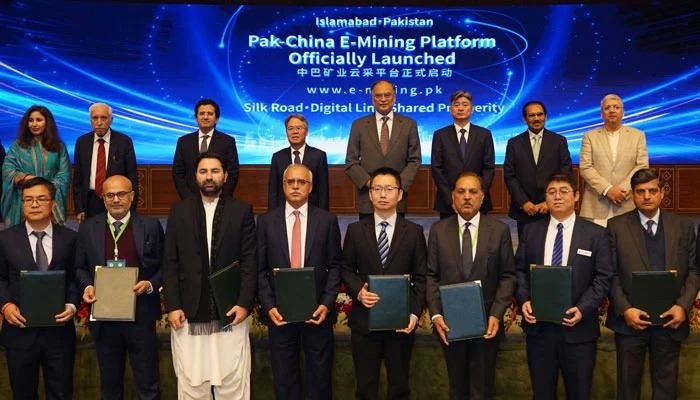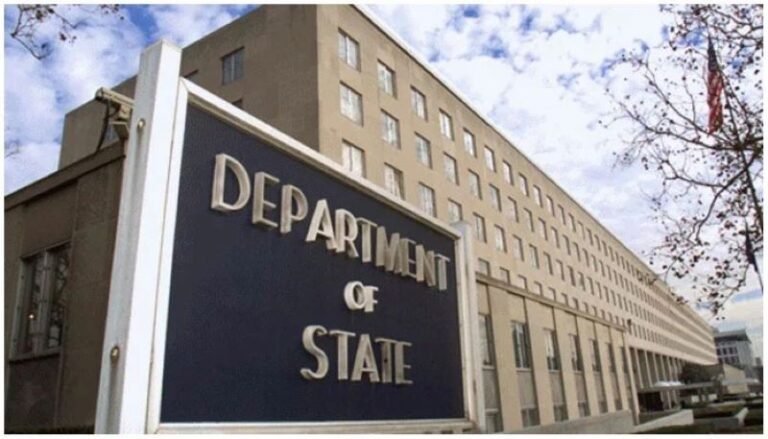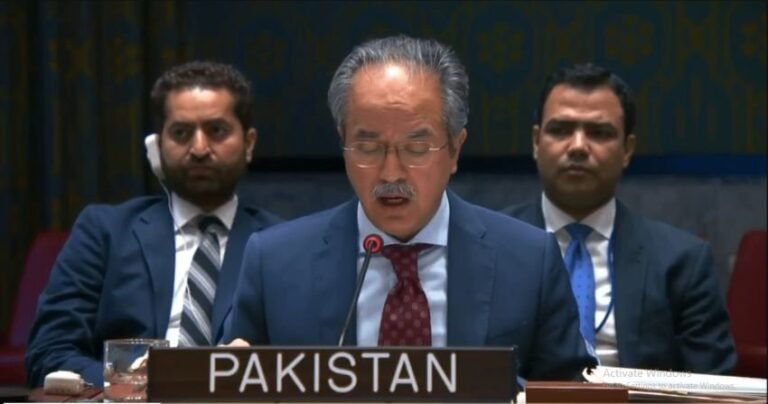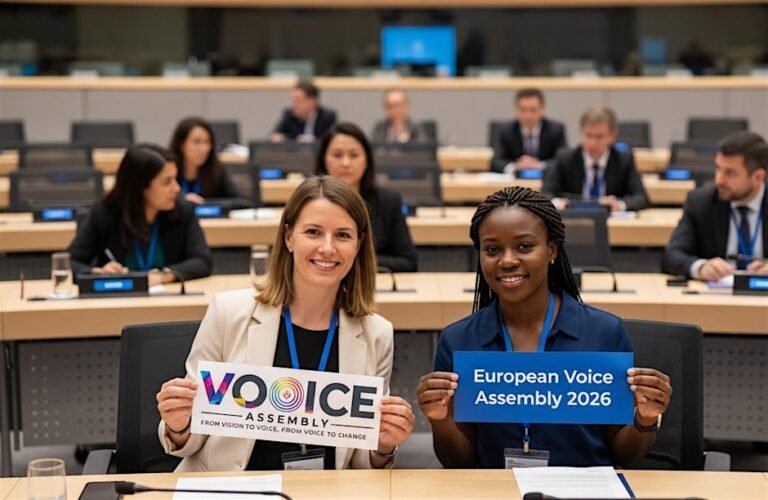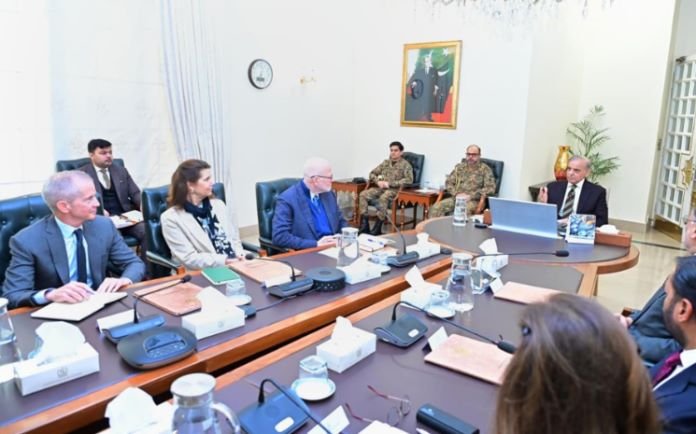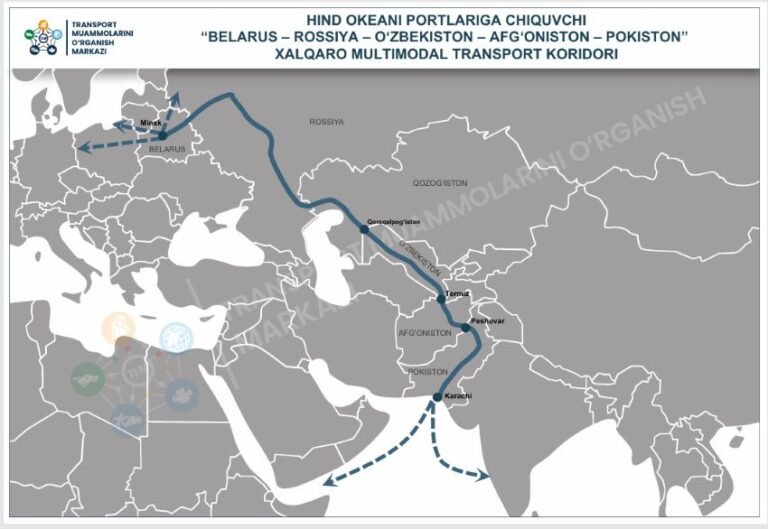In a political system built on rigidity, can a moderate voice make a difference? The Presidency of Masoud Pezeshkian in July 2024 raised more questions than answers as he became president of one of the most complex states of the Middle East.
A heart surgeon turned reformist politician, Pezeshkian assumed presidency at a very complicated time; of public frustration, economic challenges, and rising tensions in the region. At such a time, he offered a calm, reform-minded approach contrary to years of hardline leadership.
Pezeshkian’s presidency matters as he is the first reformist leader to take over the highest office in Iran in nearly two decades. His presidential victory brought hope for young people, ethnic minorities and middle class people as they hoped for openness, accountability and justice.
In a state where the real power is elsewhere, Pezeshkian’s role lies not in what he can do but in what he represents.
From OR to Public Sector
In 1954, Masoud Pezeshkian was born in Mahabad. His father belonged to the Azeri community, and his mother was Kurdish. Both of them belong to ethnic minority groups in Iran. He studied medicine at Tabriz University of Medical Sciences.
During the revolution and outbreak of war with Iraq, Pezeshkian worked both as a medic and combatant. Tragedy struck early in his life as he lost his wife and one of his children in a car accident. Despite the hardships of life, he continued his career in medicine and became a renowned heart surgeon and professor.
But what exactly made a doctor enter into politics? Was it the inefficiency of the system or a deeper sense of duty and responsibility towards your nation?. He first stepped into public service during the presidency of Mohammad Khatami as the Minister of Health and Medical Education for the period 2001 – 2005.
He was known for his professionalism, hard work, and strong commitment to improving health care, particularly in underdeveloped areas. His experience in health care led to a good reputation that helped him gain public trust and eventually drew him deeper into politics.
Political Journey
Starting from 2008, Pezeshkian continued his political journey in the Iranian parliament, which is known as Majles, and represented Tabriz for multiple terms. He was known for speaking up for the rights of ethnic minorities, accountability of government actions, transparency, and moderation.
During the time period, 2016 to 2020, he served as the first deputy speaker of parliament and gained respect as a level-headed parliamentarian across ideological lines. The critical time came in May when the death of Ebrahim Raisi created a power vacuum, an opportunity for Pezeshkian to run for presidency.
But the biggest surprise was when his presidency was approved by the Guardian Council, the very council that has a record of blocking dozens of reformist candidates. Was that a subtle acknowledgment that Iran needed a softer public face?. Pezeshkian won against hardliner Saeed Jalili with 53.6% votes from the youth, ethnic minorities, and middle-class people who were desperate for a change.
War with Israel: The President or the Shadow
Then came the test no leader wants – a war. In June 2025, Iran got involved in a direct military confrontation with Israel. The question isn’t how Iran responded but who led the response, who decided the actions? The Iranian President or the Supreme Leader. Under the constitution of Iran, war and peace are the domains that come under the Supreme Leader.
Despite engaging in any direct involvement in the decisions being made during the conflict. Pezeshkian’s reaction was deeply rooted in diplomacy and restraint. He didn’t beat the drums of war, nor did he challenge or criticize the Supreme Leader’s response. But the question is, did he keep up with the role of the President?
Yes, as he played his limited cards smartly and did whatever he could do under his power by condemning Israeli aggression, and called for regional peace and security. He didn’t command the battlefield, but he commanded public attention.
Pakistan and Pezeshkian: Past and Present
While not being involved previously in formal diplomacy, Pezeshkian has always supported strong regional ties, especially with Pakistan. Now, as President, he sees Pakistan not just as a neighbor but as a partner and support system in stabilizing the region and bringing peace.
His support for reviving the Iran-Pakistan gas pipeline reflects his economic realism. During the recent tensions between Iran and Israel, Pakistan played a great role, being a strong supporter of Iran and strongly condemning Israeli aggression towards Iran.
This further strengthens the relations of both countries, as the Iranian President is now coming for an official state visit to Pakistan, on August 2-3, 2025.
Leadership Style and Vision
Pezeshkian is not a revolutionary but a reformer, and that difference is a big deal in Iran. His leadership isn’t rigid, but calm, quiet, and cautious. He has been very vocal about the rights of ethnic minorities, women, and restoring public trust.
His stance on the nuclear deal (JCPOA) is pragmatic as his agenda is to re-engage with the West, reduce tensions, and stabilize the economy. He has avoided escalations and prioritized dialogue, but critics often argue soft words alone cannot change hard power structures.
Masoud Pezeshkian is not just a doctor, a parliamentarian, or a moderate, but most of all, he is a test. A test of whether Iranian politics still allows space for reform within their rigid system. A test of whether diplomacy and moderation can shape policy in a state that is driven by ideology and security imperatives.
And a test of whether the presidency, even when limited, can still matter and can reshape Iran.
An IR student whose interest lies in diplomacy and current affairs and a part time debater

